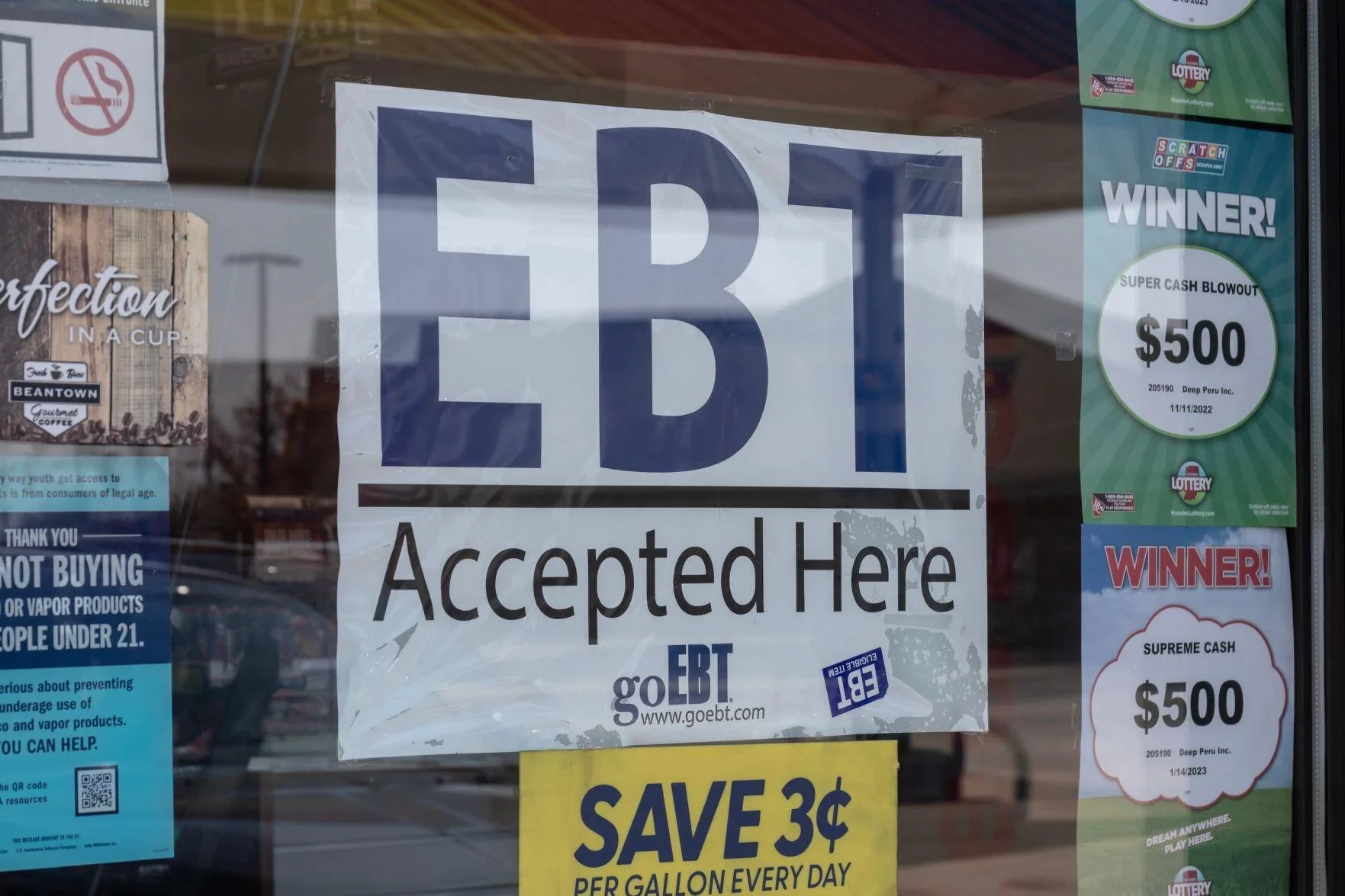By T.A. DeFeo | The Center Square contributor
(The Center Square) — A new analysis found 1.4 million people across Georgia lived in food-insecure households from 2020-22 and the state saw one of the highest rates for children in the country who were food insecure.
According to food insecurity data from the United States Department of Agriculture and analyzed by Hunger Free America, that represents 13.2% of Peach State residents. It also includes 20% of children in the state (499,230), 9.6% of employed adults (472,666), and 8.6% of older Georgians (189,863).
The organization said the end of the expanded Child Tax Credit and universal school meals led to the surge. The findings are in the group’s new report, “Hunger is Political Choice.”
“Our report demonstrates child and adult hunger are serious problems in rural, urban, and suburban areas of all 50 states,” Joel Berg, CEO of Hunger Free America, said in a release. “This report should be a jarring wake-up call for federal, state, and local leaders.”
According to Hunger Free America, 16% of Georgians eligible for the Supplemental Nutrition Assistance Program were not receiving the SNAP benefit in 2018. WIC had the highest nonparticipation rate, with 60% of eligible people in the state not receiving WIC in 2021.
School breakfast also had a high nonparticipation rate, with 42% of children who receive school lunch in Georgia not receiving school breakfast during the 2021-2022 school year.
By comparison, the analysis found 15.3% of South Carolina residents were food insecure.
A recent Georgia Center for Opportunity report exploring possible solutions for addressing the benefits cliffs in safety-net programs like SNAP found design flaws in the federal food stamp program hinder recipients’ upward economic mobility and effectively force them into governmental dependency.









